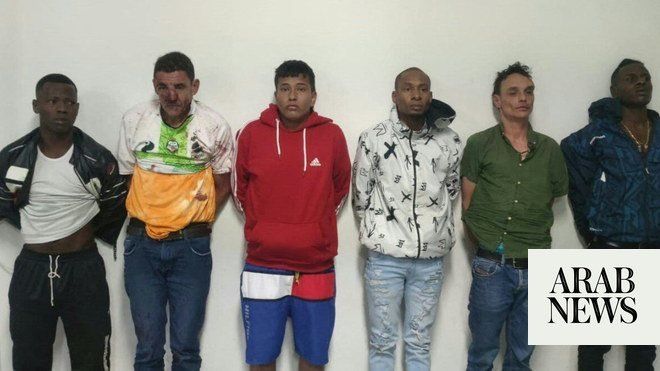
GENEVA (17 May 2022) – Ecuador discriminated against indigenous rights activist, Yaku Pérez Guartambel, by refusing to recognise his marriage officiated by traditional indigenous authorities, the Committee on the Elimination of Racial Discrimination (CERD) has found.
The Committee issued its decision after reviewing a petition filed by Yaku Pérez Guartambel, former leader of the organization Confederación de Pueblos de la Nacionalidad Kichwa del Ecuador, and presidential candidate in the last elections.
“Refusing to recognise the marriage of indigenous peoples and requesting them to hold another wedding before civil registry officials is discriminatory,” said Committee member Michał Balcerzak. “It could contribute to jeopardizing cultural practices and amount to forced assimilation,” he added.
Yaku Pérez, a member of the indigenous Kichwa Kañari people of Ecuador, married Manuela Lavinias Picq, a journalist and professor of Brazilian and French nationality, in 2013. The marriage was officiated by the traditional authorities of the Kichwa Kañari people of the Escaleras Indigenous Community.
The couple was arrested during a march to defend the rights of indigenous peoples in 2015. The Ecuadorian authorities thereafter revoked Lavinias Picq’s visa and forced her to leave the country.
Yaku Pérez sought to register his marriage with the Directorate General for Civil Registration in order to apply for a family reunification visa so that his wife could return to Ecuador. His request was denied on the grounds that his marriage was not legally valid because the indigenous authorities were not competent to officiate and register marriages and he was requested to hold another wedding before civil registry officials. Yaku Pérez’s appeals against the authorities’ decision were also rejected.
In 2017, Yaku Pérez submitted a petition before the Committee, explaining that indigenous peoples lived and organised their lives and societies for millennia before the construction of the State of Ecuador, including through ancestral marriages officiated by their institutions following their distinct cultures and customs.
The Committee found that Ecuador had violated its obligation under the International Convention on the Elimination of All Forms of Racial Discrimination. “Failure to recognize Mr. Yaku Pérez’s marriage constitutes an act of discrimination which prevented him from enjoying the same civil rights as those whose marriages are officiated by officials of the Civil Registry,” Balcerzak said.
The Committee recalled that Ecuador’s constitution defines it as a plurinational State, which guarantees that indigenous peoples hold collective rights to freely maintain and strengthen their identity, ancestral traditions and social organization. The Committee also said indigenous peoples have the right to apply their customary laws in application of their fundamental right to self-determination.
“The recognition of marriages officiated by traditional indigenous authorities does not deprive the State party of its jurisdiction over civil law. Instead, it implements the necessary cooperation and coordination which should be at the heart of the relationship between the ordinary and indigenous systems,” Balcerzak added.
The Committee requested Ecuador to register Yaku Pérez’s marriage with the civil system, pay compensation and apologise to him for violating his rights.
In order to avoid similar violations, the Committee also recommended that Ecuador amend its legislation to recognise and register marriages officiated by traditional indigenous authorities in accordance with their customary law.
For more information and media requests in Geneva, please contact:
Vivian Kwok at +41 (0) 22 917 9362 / vivian.kwok@un.org or
UN Human Rights Office Media Section at +41 (0) 22 928 9855 / ohchr-media@un.org
Background
The Committee on the Elimination of Racial Discrimination monitors States parties’ adherence to the Convention on the Elimination of All Forms of Racial Discrimination, which, to date has 182 States parties. The Committee is made up of 18 members who are independent human rights experts drawn from around the world, who serve in their personal capacity and not as representatives of States parties.
Learn more with our animations on the Treaty Body system and on the Committee on the Elimination of Racial Discrimination!
Follow the UN Treaty Bodies on social media!
We are on Twitter @UNTreatyBodies








